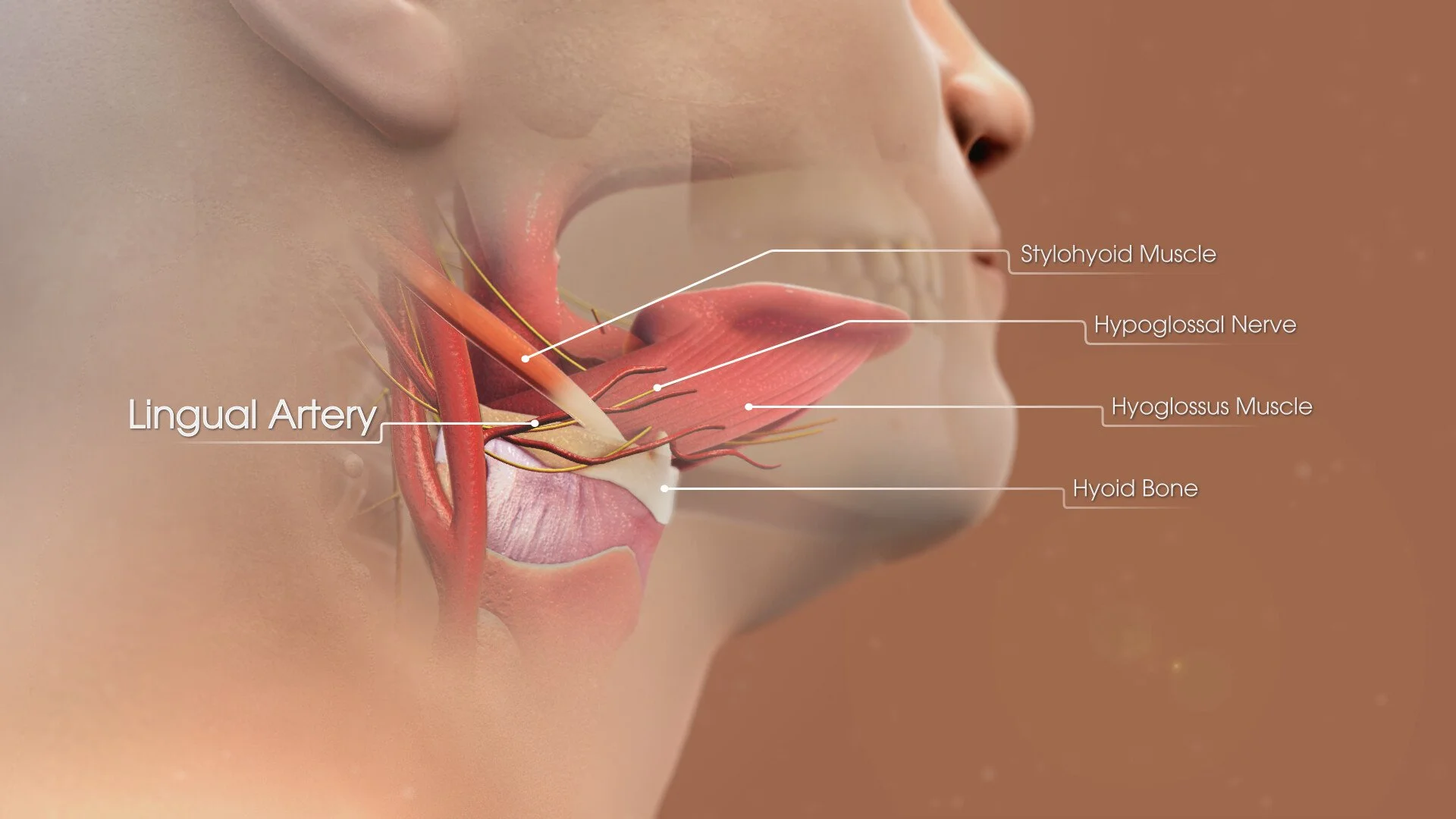What is Hypoglossal Nerve Stimulation ?
What is Hypoglossal
Nerve Stimulation ?
Hypoglossal nerve stimulation is a relatively new treatment for obstructive sleep apnea. The hypoglossal nerve controls the movements of the tongue. In this treatment, a small device is surgically implanted in the patient's chest. This device is connected to the hypoglossal nerve in the neck via a thin wire.
When the patient sleeps, the device monitors their breathing patterns. If it detects a pause in breathing (which is characteristic of sleep apnea), it sends a mild electrical pulse to the hypoglossal nerve. This causes the tongue to move and stiffen, which opens up the airway and allows the patient to breathe normally.
This treatment is usually considered for people who have moderate to severe obstructive sleep apnea and haven't had success with other treatments, such as continuous positive airway pressure (CPAP) therapy or oral appliances. As with any surgical procedure, there are risks involved, so it's important to discuss these with your doctor.
Kevin Motz, MD Director, Division of Sleep Surgery Assistant Professor of Otolaryngology - Head and Neck Surgery Johns Hopkins Medicine
